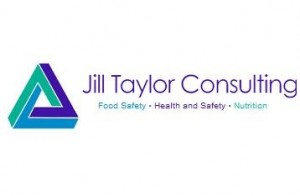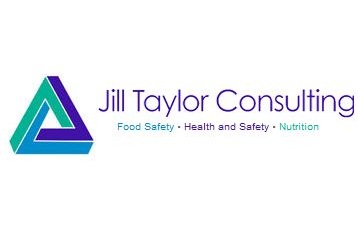Food Hygiene Ratings System – Gain the benefit; make the most of your inspection and reap the reward. 5 Top tips to help you achieve a 5 star rating! (by Jill Taylor)
 |
| [relatedPosts title=”Related Posts”] |
|
|
All food outlets, manufacturers, operators of food businesses and even those serving food as an “add on” to their core activity (such as schools, nurseries etc) have to register with their local council and take the necessary actions to keep the food they prepare, cook & serve safe for consumers. To ensure that this happens all outlets are subject to inspection by the local authority employed Environmental Health Officer / Practitioner who will measure standards & award a rating which, in most cases, will be available for public access.
Most food outlets are aware that the Food Hygiene Rating Scheme is being rolled out by more and more local authorities throughout England, Wales & Northern Ireland in partnership with the Food Standards Agency. There are now in excess of 250 local authorities who are now signed up to using this system. When inspected each food business is given a rating of 0-5, 5 is very good, 0 means urgent action required. A similar scheme also operates in Scotland.
With the reputation of your business at stake, most food businesses will understandably be keen to achieve the best rating possible, especially as this information is in the public domain with limited ability to disguise poor ratings.
The three criteria which your EHO will be assessing are hygiene (including practices) structure (including cleanliness) and confidence in management (including food safety management systems).
J T Consulting have detailed five tips towards achieving favorable results from EHO inspections and to maximise your Food Hygiene Rating:
- An effective documented food safety management system based on HACCP is a fundamental requirement that will affect the rating you achieve. Ensure your system is up to date and comprehensive, but appropriate for your particular business operation. If you are a small business you can use a system such as Safer Food, Better Business otherwise it is advisable to have a more robust system. Make sure your managers are aware of all the requirements of your system and that they are routinely implemented as part of your working practices.
- Ensure your staff are trained & that their training is up to date, to the correct level, and implemented to fit in with key aspects of your HACCP system e.g. critical temperatures, food storage etc. All staff must be supervised and observed to ensure correct procedures and practices are being followed, and if not the appropriate action is taken.
- Ensure you have implemented all the points on your last inspection report and make sure the same issues will not arise again, especially legal requirements. The ‘confidence in management’ score which affects your rating will be partly influenced by how you have responded to previous advice given to you by the EHO.
- An accessible and well organised filing system for food safety documentation is essential. There is no point having paperwork in place if the EHO cannot see it being implemented and used as part of routine practices. Ensure all managers and supervisors know where to find everything and that records are not under lock and key.
- Carry out your own spot checks to make sure your food safety procedures are being followed. This demonstrates management commitment to food safety, helps you identify problems and correct them and ensures that all staff see food safety as a priority of their work.
Food safety does not have to be onerous, time consuming or expensive, it should be appropriate and once implemented, relatively easy to work with on a day to day basis otherwise it will never be used as intended and may cause you to be marked down rather than up.
If you feel that the idea of compiling and implementing a food safety management system is too complex or not your strength, then seek help and advice from a specialist company – this can be supported with appropriate training for all team members.
We are not all bad!! Some of us charge reasonable rates and offer valuable advice, we won’t all send you off on lengthy training courses or introduce practices and procedures that are wholly inappropriate and cost the earth. I have worked closely with many small Artisan food producers as well as large multi-operational companies & public sector organisations and will always advise accordingly.
Give me a call – a chat on the phone is a great place to start!
.





